4 TYPES OF SECURITY SYSTEMS IN NIGERIA
The most basic definition of any security system is found in its name. It is literally a means or method by which something is secured through a system of interworking components and devices. Any of several means or equipment meant to safeguard people and property from a wide range of risks is referred to as a security and protection system.
WHY DO YOU NEED A SECURITY SYSTEM?
The advantages of home security are numerous. You should have a security system in place to prevent break-ins and to notify emergency services on your behalf, among other things.
Here are seven reasons why every home should purchase and install a security system right now.
-Protect valuables.
-Deters crime.
-Helps keep tabs on kids.
-Manage Electricity with a Home Surveillance System
-Remotely Monitor with Indoor and Outdoor Security Cameras
-Promote Home Automation with the System.
-Immediate alarm if a burglar gets in.
TYPES OF SECURITY SYSTEMS IN NIGERIA.
In the security system of your business, video surveillance serves a variety of tasks.
It can be used as a deterrent, preventing theft before it occurs. If a crime occurs, video recording can assist in identifying suspects and providing proof in an insurance claim. Furthermore, most security cameras are mobile-enabled, allowing them to be seen from a phone or computer when away from the office.
In the event of an incident on the business’s premises, an intrusion detection system will raise an alert. This step helps to warn local security agencies in the event of broken glass during a forced entrance, a carbon monoxide detector being triggered, or even smoke and heat alarm ringing off.
In the event of a break-in, these devices also serve as effective deterrents. In fact, according to a survey of burglary tendencies, 60% of burglars would seek out a different business if they detected an alarm at their first target. Furthermore, more than half of those surveyed claimed they would abandon the burglary attempt if the alarm went off during the break-in.
Employee theft and consumer straying into employee-only areas can both be reduced by limiting, or at the very least monitoring, who has access to the business. A physical key can be replicated, therefore changing locks on a regular basis may be necessary for increased security. Electronic access controls, such as fobs, key cards, or biometrics, on the other hand, cannot be replicated and can act as an extra deterrent to unauthorized entrance.
These automated controls can also generate monthly reports of building access, as well as scheduled access for staff or cleaning services.
System monitoring ensures that alarms are received and responded to at all times. An alarm system can be connected to a central station that is monitored around the clock, year-round, via phone lines, the internet, or even a cell network with the help of a system monitor. In the event of an emergency, they will guarantee that local authorities and emergency response agencies are notified.
This is especially useful for organizations in rural or remote areas who want to ensure that their security needs are fulfilled as fast and efficiently as possible.
All of these security systems work well together to meet small businesses’ security needs. A professional security technician can help you identify the most relevant security concerns for your business in order to put together the most effective combination of security systems for your business and peace of mind.
